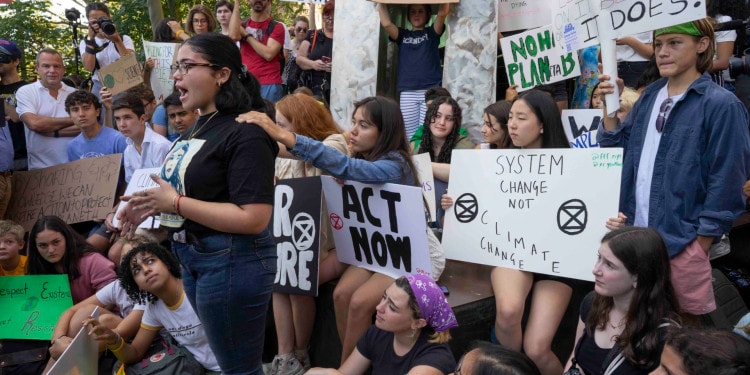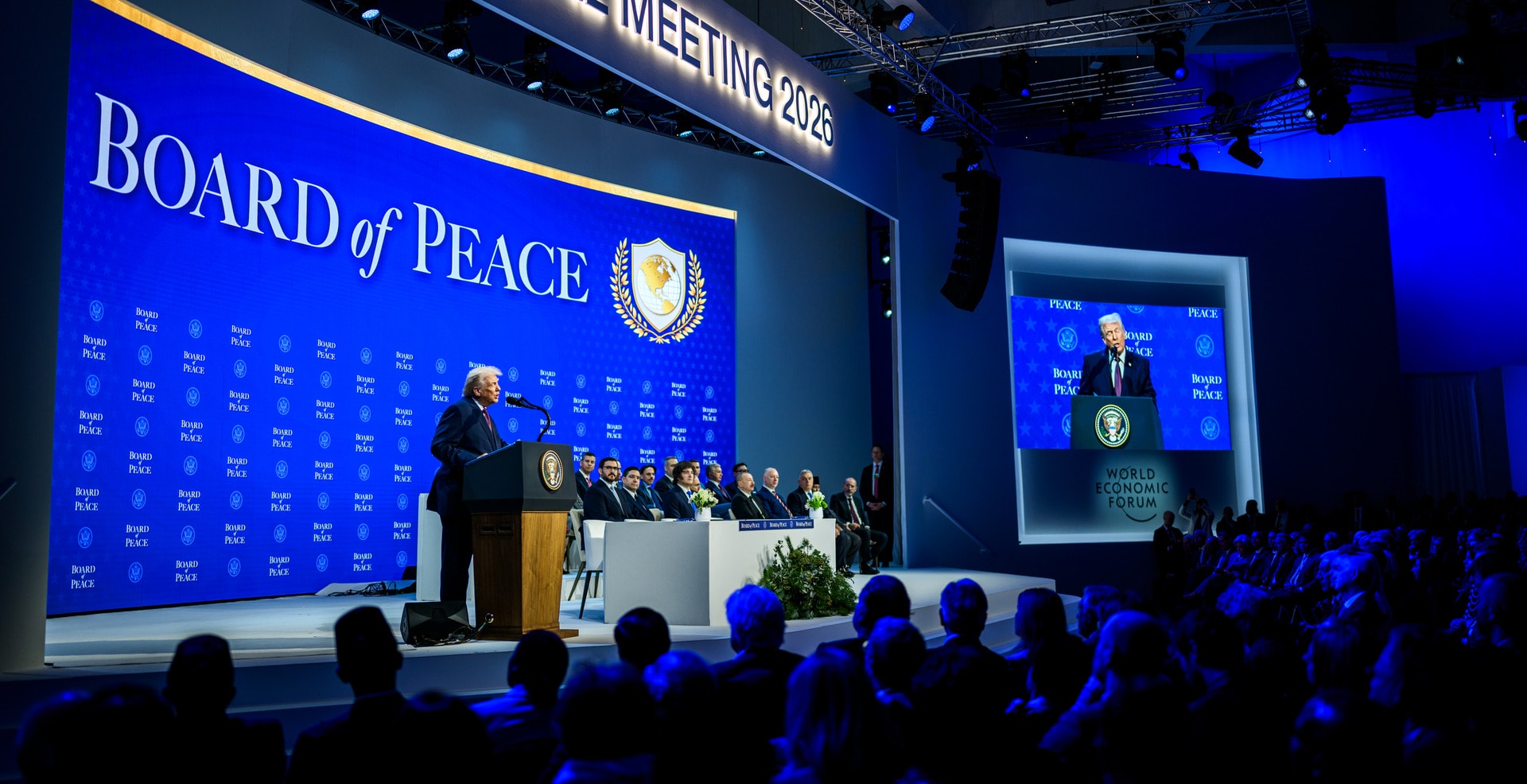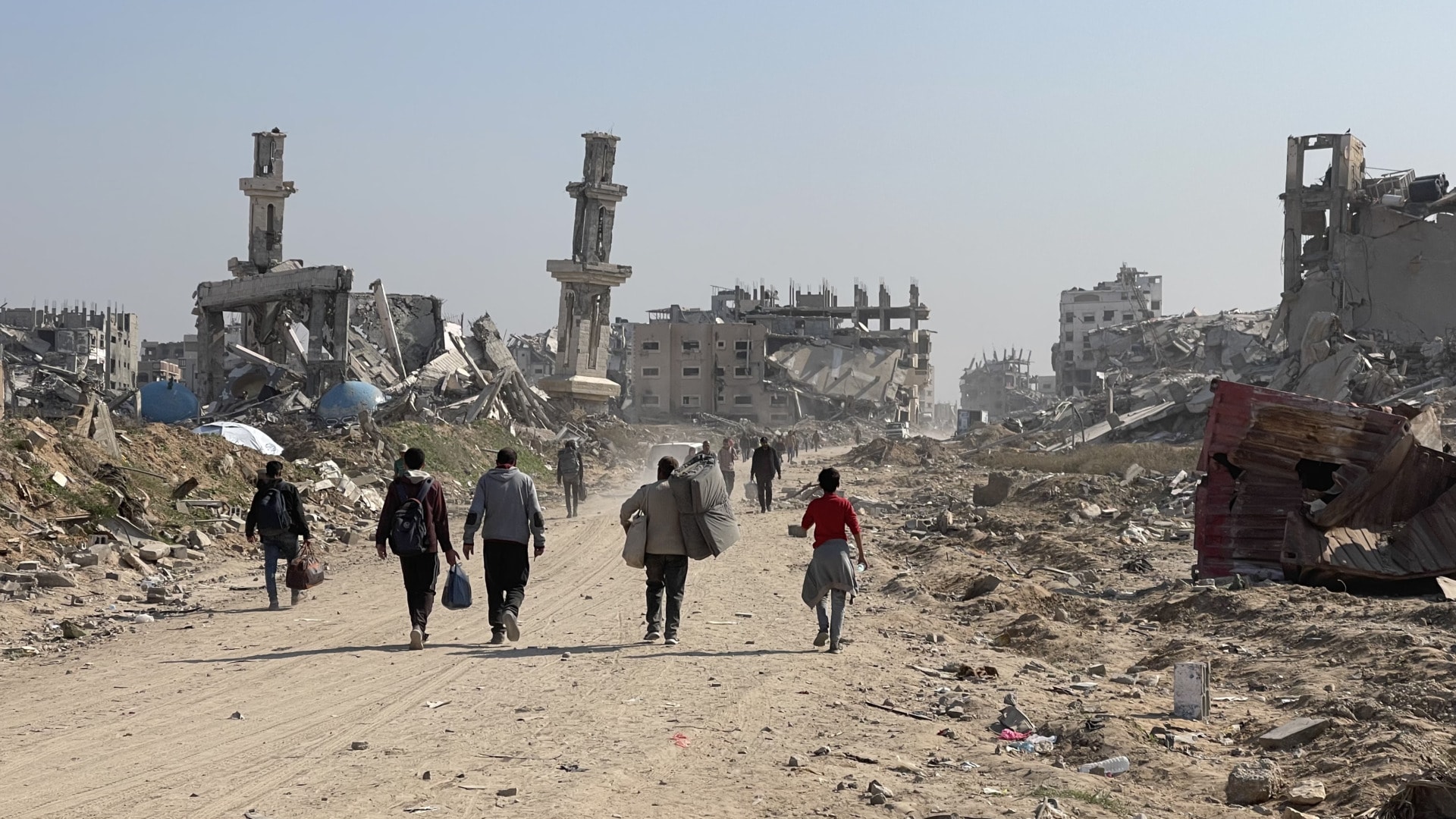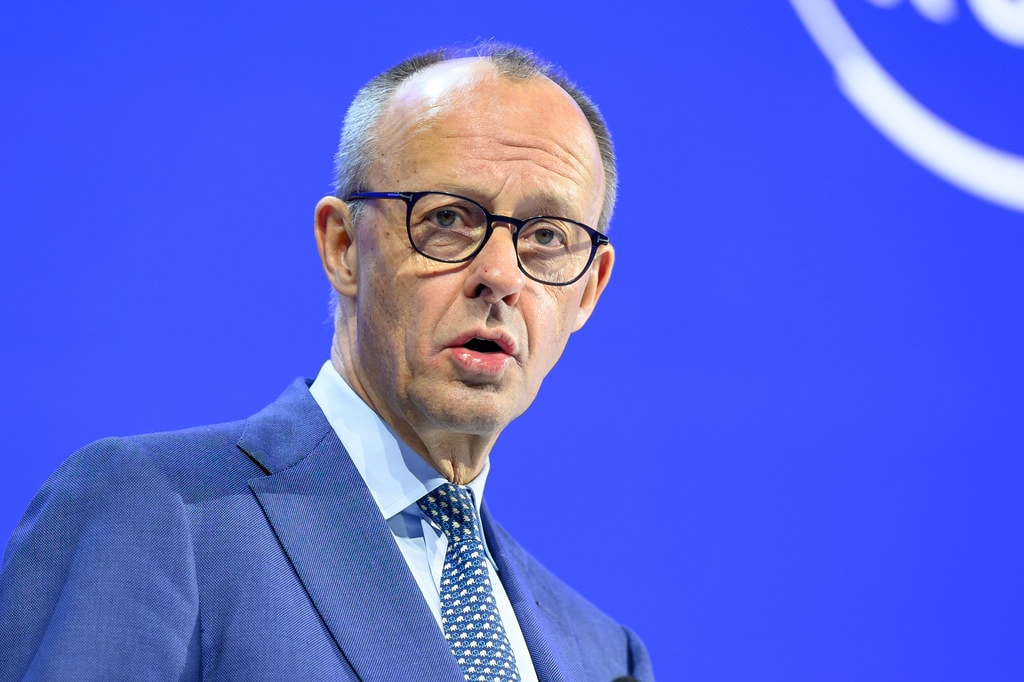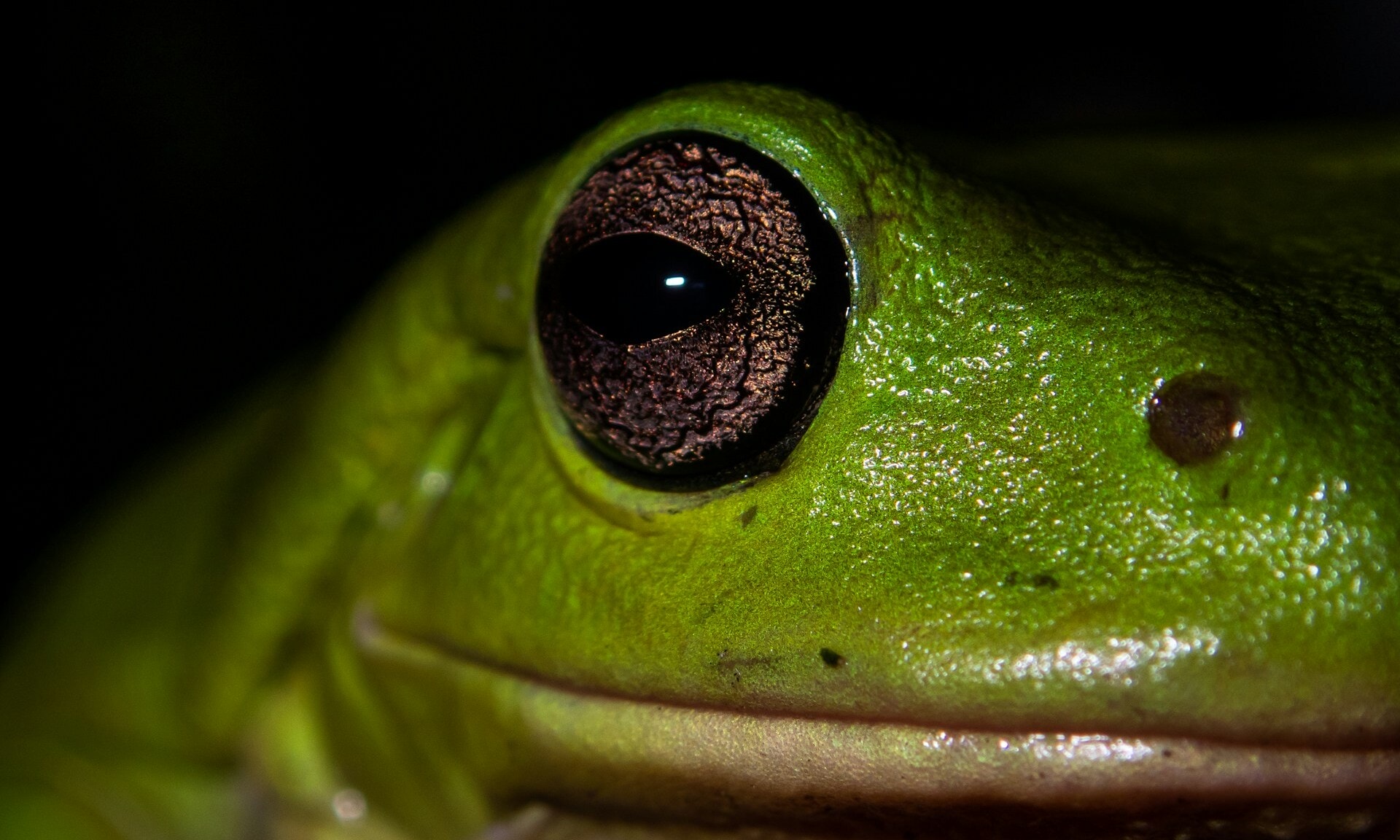My Discussion With Co-Authors of the Impakter Essay — ‘Creating a New Social Contract for a Healthy, Just and Sustainable World’
Introduction by Shannon O’Shea, co-author of the essay
A few months ago, my colleague Callie King-Guffey and I had the pleasure to speak with a number of young people as part of the research for our essay, “Creating a New Social Contract for a Healthy, Just and Sustainable World.” In this piece, we considered some of the dynamics at play both within the United Nations and around the world regarding the vital role that children and youth are playing in creating and demanding positive social change and justice; equality of opportunities for all people; and urgent action on the climate crisis.
The onset of the COVID-19 pandemic has also brought these issues to the forefront in both a difficult but also necessary way, and where we provided some ideas and recommendations on how the tragedy of this pandemic can and must be used by decision-makers as the impetus to create systems, encourage practices and foster social norms that support a greener, fairer and more equal world for all.
Following the publication of our essay in June 2020 on Impakter, we sat down for a dialogue with one of the young people interviewed, Mattia Damati, a 15-year-old student. Through his studies in the Nord Anglia Education school system, Mattia and other students around the world have had the opportunity to learn about the UN Sustainable Development Goals (SDGs) and take actions on these global goals within and outside of the classroom, leveraging tools and content like the World’s Largest Lesson, of which UNICEF is a founding partner.
In this discussion with Mattia, we were able to further unpack some of the concepts and ideas presented in the essay, and also hear more from Mattia on what his generation can do to help create this new social contract and a better world for the young people of today and the future.
Below is a transcript of that conversation as well as the video of our dialogue here:
Mattia Damati: What do children and young people uniquely have to offer in developing global solutions? And what could we do to improve personally for becoming more impactful?
Shannon O’Shea: It’s a really good question and I have three points on this. One is that I’m a firm believer that people are the experts of their own experience. And what do I mean by this? I mean that if you’re going to design a program or a policy to improve the lives of people living in poverty, you need to talk to people that are currently living in poverty. Or if you’re going to design something for people living with disabilities, you need to consult with people that have disabilities. And I think that Callie and I both felt, especially when Sustainable Development Goals were first being negotiated, that children were actually not being given that same opportunity.
Children were only being seen as beneficiaries rather than what you are, which is experts in your own lived experience and also agents of change. So the narrative needs to change, young people need to be seen as who they really are: agents of change.
…when children learned about washing their hands and practicing good sanitation and hygiene in school, they actually brought that learning back to their household, and they helped to influence their family members and their brothers and sisters.
Secondly, UNICEF has known for a long long time in our work in 190+ countries around the world for the last almost 75 years that when you educate children about issues that affect their lives or affect their communities, it actually has a halo benefit of affecting and teaching the entire community. For example, when children learned about washing their hands and practicing good sanitation and hygiene in school, they actually brought that learning back to their household, and they helped to influence their family members and their brothers and sisters.
My last point on this is that we’ve learned in some amazing ways how children are inventing things. You are activists, you are artists, you are influencers, and I know that Callie and I have been really floored and just incredibly impressed by some of the things that young people are telling us that they’ve invented; things that can help actually clean up the ocean, or new ways of capturing energy, or the amazing activism that we’ve seen from young people, boys and girls, to get plastics banned in their countries, saving millions of pounds of waste from being dumped into our oceans or into landfills.
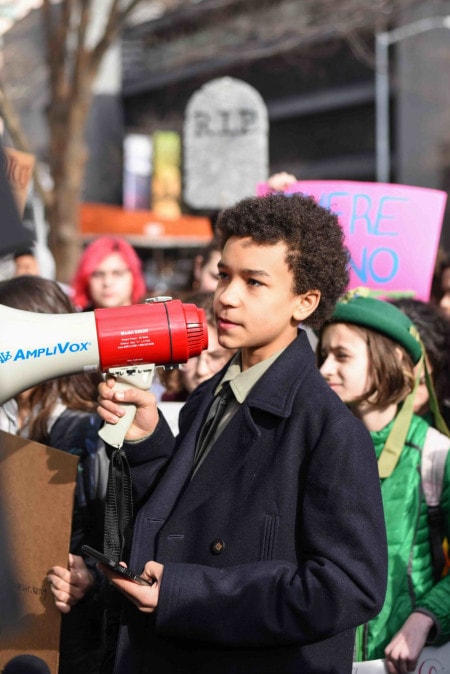
We know that when young people are engaged and they learn about these issues, they’re actually going to be the ones that drive change in the community. And we, from older generations, need to learn how to effectively engage with young people.
Callie King-Guffey: I couldn’t agree more. I think Shannon touched on the most important elements. Children and young people have so many characteristics that make them unique solution-oriented people in these global development issues. When you’re talking about solutions to problems that require imagination, young people’s imagination will be crucial to making sure that we go beyond the status quo and that we fix systems that are clearly broken and that the SDGs intend to fix.
There was a really interesting interview a few years ago with a young indigenous man Schuetz Kat who is an environmental activist and musician. He talked about the power of child innocence and how innocence sounds like something that’s quite naïve while it’s actually quite powerful. You look at the growing disillusionment with political systems and decision-making processes, meanwhile children and young people are advocating very authentically for a better world, for a cleaner environment, for a more just society.
Shannon and I have both seen how this really takes shape in powerful ways when young people are speaking to decision-makers at the UN — how those leaders listen, with their eyes and ears open a little bit more, because there’s no alternative motive that children and young people have other than frankly and ethically speaking up for what they believe in.
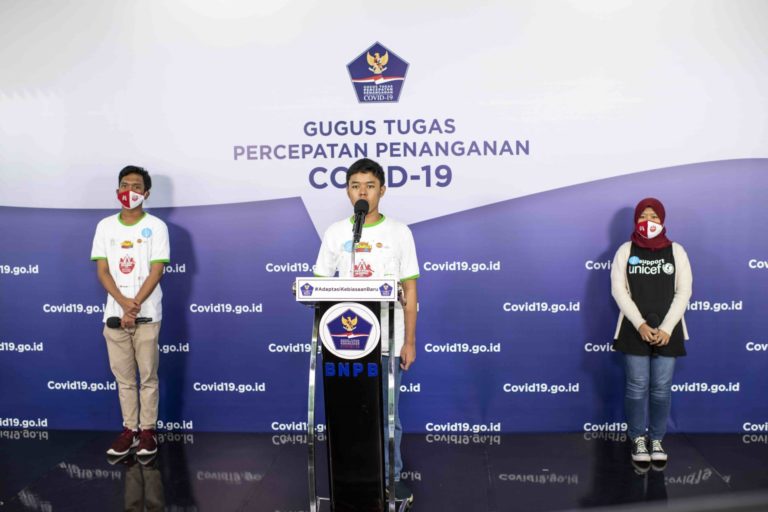
To reiterate what Shannon said about social norm change, young people, when they learn about issues, are changing social norms and we’re seeing how critical, even in the conversations about combating racism today, young people are to making sure that their households, their schools, and their communities are changing the social norms that are racist.
Shannon O’Shea: Mattia, I have a question for you now: Why do you think it’s important for leaders and decision-makers at the UN but also beyond to hear from children and young people like yourself?
Mattia Damati: I believe it is crucial for leaders at the UN to hear from us because we’re the ones who will actually be living in the future that the UN is trying to create. We should be able to have a say and to be listened to in terms of how we would and how we would not want this future to be like.
Not listening to the child’s voice would be absurd. For how can the UN solve social problems directly without understanding the victims’ perspective?
In addition, large populations of children are unfortunately the victims of armed conflict, domestic violence, natural diseases, and other problems. Therefore, it would be essential to understand their perspective on the issue so that the UN can understand the whole picture in ways that can help to fully resolve this. Not listening to young people’s voices would be absurd. For how can the UN solve social problems directly without understanding the victims’ point of view?
I would now like to ask: As the world is urged to build back better, as you mention in your article, how can we convince the public and politicians that the inclusion of the voice of children and young people is one of the right ways to do this?
Callie King-Guffey: What you just articulated, Mattia, is spot-on. It’s absurd to make decisions about the future without the future generation involved. And that’s actually what we quoted you on, right? In the article, you really articulated the right of the future generation to be included in decisions about the future. And since the SDGs are about the future, it’s really important for this to be done.
In terms of convincing the public and international organizations, state agencies and civil society organizations to include children and young people, I think that there is a recognition that children and young people have things to say about these issues and these problems that our world faces, and that’s something that our article touched on. There’s recognition, but we need to go further. There needs to be a reckoning that what young people are saying then needs to really inform decision making, policymaking, and the actions that leaders and governments take.
One of the things that stood out at this year’s High-level Political Forum for me was to see this growing centrality of the importance of not only disaggregating data but collecting data from diverse sources, including citizen-generated data and youth-generated data. This is something that we strongly advocated for starting many years ago.
Led by civil society organizations, this conversation began six years ago and now we see member states and governments making statements again and again about the importance and the centrality of collecting data from people that complement official statistics and obtaining a fuller picture of what realities children and young people are facing. The goal is to mainstream those mechanisms, offering concrete ways in which children and youth voices can be integrated into decision making — through on and offline data, surveys, consultations. I think it’s one of the best ways that we can really convince the public sector and decision-makers of the value of doing this.
Shannon O’Shea: To quickly complement what Callie said as she covered a lot of things that I would’ve fully agreed with, sometimes I’m worried that decision-makers aren’t necessarily thinking that children have been affected by COVID because they’re not the most vulnerable group in terms of the health implications. Fortunately, children and young people are not getting as sick from COVID as other age groups. But of course, your lives have been completely upended.
UNICEF data shows that 92% of the world’s children and youth are affected by school closures. That’s over 1.8 billion children worldwide whose education has been disrupted, and a number of those children, especially the most vulnerable, are going to face lifelong consequences. They might never go back to school because it was already very difficult for them to be able to get an education to start with.
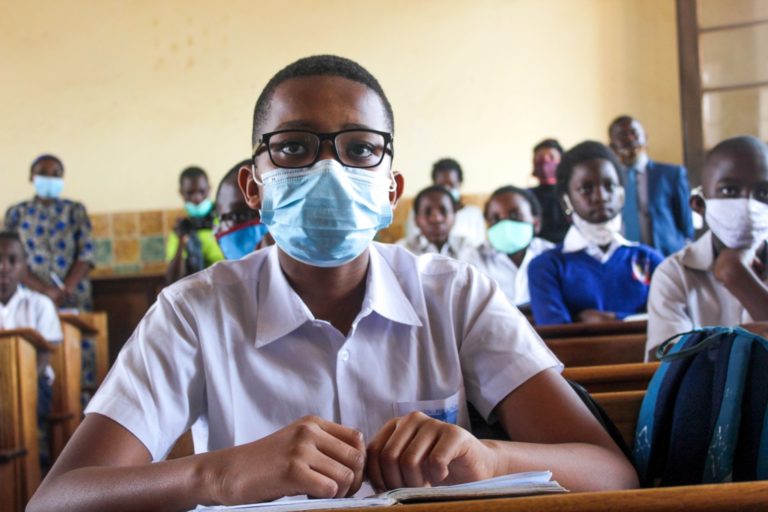
On Monday, August 10, schools across DR Congo reopened their doors to allow students in the final years of primary and secondary school to take their exams. Photo Credit: © UNICEF/Nkoy
We have to ensure that this crisis does not snowball into what becomes a lost generation of young people. It was something that someone had said at the High-level Political Forum this year and it really resonated with me. We cannot let this crisis cause a lost generation.
…this crisis has caused untold human suffering, devastated economies and shut-down health systems, but if we’re going to be able to see something positive from this, it’s forced all of us to pause and reflect on the fact that many of our systems and our processes are not fit for purpose and that they are not sustainable for the long term.
If we’re going to be able to see something positive from this crisis, it’s forced all of us to pause and reflect on the fact that many of our systems and our processes are not fit for purpose and that they are not sustainable for the long term. So, let us take the opportunity of having to go through this pause, to really do what we need to do to make those systems work for the future and also work for the environment and the planet. We’re not the only species that calls the earth home!
Callie King-Guffey: Mattia, building on what you had said earlier, what do you think the UN should do to continue to bring child and youth voices into our decision-making processes, including young people that might not typically have such opportunity?
Mattia Damati: I think the UN should develop and introduce more digital methods to bring and engage children and youth voices. This is an efficient way to assess and empower more children and youth voices due to social media’s influence on us. It allows more of us to share our views and concerns even during global pandemics such as COVID-19, where a lot of us are in quarantine, but can clearly express our views digitally.
An example of this would be the recent protests against the tragic killing of George Floyd. We have seen large numbers of children and youth taking action digitally to fight against racism. The speed and influence with which this information got passed online to the hearts of young people has shown significant potential in social media, where the UN could step in to use it for engaging more young people to share their voices regarding the SDGs and also to develop a global loyalty.
A world before the pandemic is not what we need and want.
However, children and youth who are unable to access these platforms, like those without the internet, should not be ignored. The UN should further empower organizations that specialize in reporting child and youth voices so that they can have an equal opportunity for making their voices heard.
In addition to that, I would like to say that a world before the pandemic is not what we need and want. It was not sustainable enough to prevent us from further pandemics. COVID-19 has led to a decrease in our greenhouse gas emissions. But would this be a long-lasting impact? What could our children and young people do to ensure that the global recovery from COVID-19 would result in a more sustainable world than before?
Shannon O’Shea: As we know, a good benefit of everything being paused was that we did see things like pollution reduced and some animals returning to habitats that they previously had stopped accessing, and on the surface, we say “Oh isn’t that great?”
But my fear is that the decision-makers who are skeptical about climate change or don’t want to change the current unsustainable practices will actually use that against us. What I mean is that they will say, “Okay, fine, we were able to reduce gases or reduce pollution, but look at the terrible cost it came at. Economy shut down, millions of jobs lost.”
What we don’t want to see is that this becomes an either-or scenario. It can’t be that we either have a clean environment, reduced climate change, and pollution, or we have jobs. We can’t see that as either-or. And in fact, the trends before COVID were showing that more and more businesses were understanding that investing in business practices and industries that had both a social and an environmental benefit was as profitable, if not more profitable compared to more traditional businesses that didn’t do this.
There was a lot of turmoil at the height of COVID in some of the global markets like the stock market, and what we saw during the height of the crash was that ESG stocks – environmental, social, and government stocks, the more socially and environmentally responsible companies – actually performed much better than the overall market.
I think that those of us that believe in environmental progress and social progress need to continue to show the evidence to the skeptics that investing in things that are green and socially responsible is actually better for the economy in the long run.
Callie King-Guffey: Absolutely. And in terms of what the children and young people can do to ensure that the response and recovery are more environmentally sustainable, I think the social norm change that young people champion is really important. I would like to see both individual scale change and system scale change, and I think that what Shannon and I wrote in the Impakter article was giving credit to the children and young people that have really taken this conversation so far.
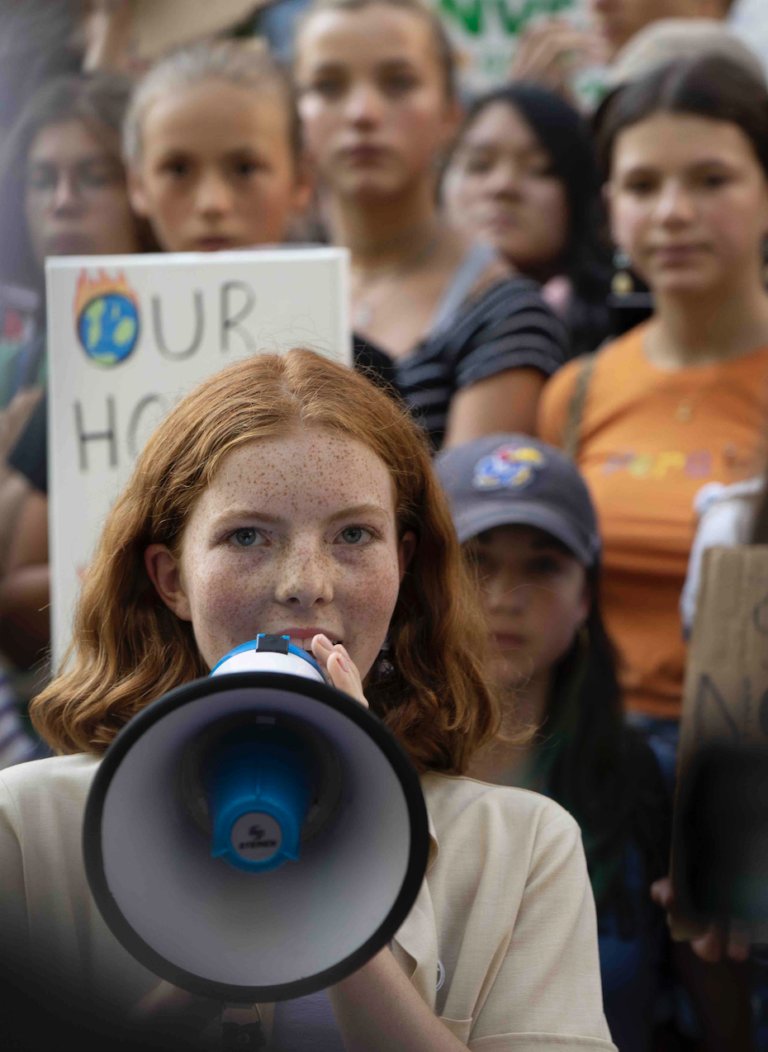
Now it is time for decisionmakers, both across public and private sectors, to take action. Children and young people can’t do this by themselves; we need action, we need what Shannon had mentioned — a renewal in investment and financial practices that really puts this front and center as an issue.
Mattia Damati: Those are very interesting and important ideas that I never thought of. Now I would like to ask: What could we do to encourage more for-profit business, as you mentioned before, from sacrificing some of their short-term private benefits for engaging with the SDGs? And what does this pandemic mean for our future on planet Earth?
Shannon O’Shea: I actually think that we’re reaching a tipping point where some of these key investments have been made and they are starting to pay off. Finally, we’re seeing that achieving profitability can be done without sacrificing short-term gains. That trend emerged probably five or seven years ago, when social impact investments in some of these companies started to get off the ground.
But I think that some of the best-performing companies are those that are investing in renewable energy, or those that are investing in the circular economy, or those that are looking at plant-based solutions for food systems. I’m very excited about this and I think it’s just the beginning.
Some of the most innovative people, young people, some of the smartest money that you see in the world is actually going exactly towards these types of businesses that do have this benefit for societies and for the environment. And you’re also seeing a de-investing in those types of companies and industries that are not practicing sustainability.
Related Articles: How Youth Can Reshape Our Unequal World: An Interview With Nobel Laureate Muhammad Yunus | Youth Participation in Peacebuilding
Callie King-Guffey: The new economy that Shannon just described has been largely shaped by young people and young consumers. When we were writing the article, I was really pleasantly surprised to see that 90% of Gen Z consumers expect companies to be socially and environmentally responsible.
What’s interesting is that children and young people, so young consumers, are more willing to pay extra for products that are ethically sourced or serviced.
Further research showed that their metric for whether or not a company is really authentically engaging in social and environmentally responsible practices is if a company is willing to sacrifice short-term gains for aligning to the values that they say that they’re aligned to. What’s interesting is that children and young people, so young consumers, are more willing to do that — to pay extra for products that are ethically sourced or serviced.
The message here was that, in a lot of ways, companies should be like children. They should be sacrificing these short-term gains for the common good, for the future of the environment and society. As Shannon just said, the short-term losses that may previously have been required are far less than they used to be and are likely to be nil and even profitable as they respond to young consumers.
Mattia Damati: It is really great to hear about this demand change and how businesses can benefit from the SDGs. Now, my next question would be: What does the world’s reaction to COVID-19 show about the flaws in the social contract between nations, and how can the young people at the UN encourage more people and nations to have a stronger global identity and loyalty?
Callie King-Guffey: Well, one thing that I have been really struck by is research that’s shown that young people from around the world identify more as global citizens than they do as citizens of their own countries. I do think that young people are doing a lot to push global citizenship around the world — and that is really key to combat nationalism and isolationism.
With that said, there are very strong forces that are propelling nationalism and isolationism, and I think that there are ways in which young people can really consider how to intentionally build on the global citizenship that they’ve already achieved among the young generations around the world. That’s one of the reasons that, at UNICEF, we’re really passionate about global citizenship education and SDG education to get children and young people to critically think about how these global issues impact their individual lives and how important it is to cultivate global citizenship among the young generation.
Shannon O’Shea: I completely agree with that. In the world that we live in right now — and I think this is going to only intensify in the future — we are all interconnected. Pollution doesn’t respect borders. When you throw out plastic things in New York City, it washes up on a beach in Bali. And when a virus starts one end of the world, if we’re not careful, it can spread to every corner of the world. Whether people want to accept it or not, we are all connected and dependent on each other for having a healthy planet and even our own physical health.
Pollution doesn’t respect borders. When you throw out plastic things in New York City, it washes up on a beach in Bali. And when a virus starts at one end of the world, if we’re not careful, it can spread to every corner of the world.
I think that it very much behooves us to think of ourselves as global citizens. Gone are the times when you can only be concerned with what is happening in your own little world or your own small community because the world is very, very interconnected.
Also, information is shared at lightning speed around the world. That is going to be the future and we need to consider how we work together as global citizens. And I think that there’s something very beautiful about that. I mean, the United Nations was created 75 years ago with the understanding that we’re dependent on each other for our safety, our health, for not having another world war, and we need to embrace that. When we can work together towards positive change, we can do really extraordinary things. To me, that’s a much better way for your individual life to be better — by being a global citizen rather than being more isolationist.
Mattia Damati: How you suggested that we can overcome isolationism is incredible. But unfortunately, not everyone believes that they can make a positive difference or even wants to, at least not yet. In these cases, how has the United Nation created a system to provide personal benefits for people engaging in the SDGs? Would empathy and passion be enough to achieve the SDGs by 2030? Or do we need a system that provides personal incentives for everyone — individuals, business, and nations?
…when you make small changes in your own life and when millions of people are doing it, it moves the needle.
Shannon O’Shea: Things need to work at different levels for the SDGs to be achieved. I think that we need decision-makers at the very highest level of governments and businesses to be changing the way that they behave, but individual actions do matter. I used to give this example when talking about the SDGs in my own life and it really kind of struck me about what a butterfly effect it is, and it’s a very small change. When I used to go to my gym, they would give out free water bottles. Almost everyone would take the free water bottle, and you would probably have two or three of them in a class. At one point they installed a water dispenser where you could actually fill up your own reusable bottle. Of course, I started to bring my own bottle and I noticed that within only about four or five months, there was a little counter on the display saying that 20,000 bottles had not been thrown into a landfill because of people refilling.
That’s one gym in one city where about 90% of the customers were probably still using plastic. Already in a few months, 20,000 plastic bottles weren’t in a landfill. So it doesn’t require a huge change. Not everyone needs to be the biggest activist in the world. Not everyone needs to be a Nelson Mandela or Greta Thunberg. These are fabulous leaders and we need them, but when you make small changes in your own life and when millions of people are doing it, it moves the needle. We’ve seen it with COVID. When everyone stays home, or when everyone wears a mask, we flatten the curve. We’ve stopped the spread of a virus and we’ve saved lives. That’s a very, very powerful lesson.
To people who are somewhat overwhelmed about engaging in the SDGs and saying, “Oh my god, these are huge goals, how could I, as an individual, ever contribute? I don’t want to save the world. I just want to live my life, and have a good time with my friends,” I would say: No one’s asking you to save the world, but if you can make some small changes, and everyone else does the same, it actually can make an extraordinary difference.
Callie King-Guffey: The example of the water bottle dispenser or the water fountain really shows the impact, which can help incentivize action. When you can see that the change that you’re making really helps, people don’t feel that their actions are just going into a void and not making a difference.
But I think Mattia, your question about empathy and passion is a really good question, and a hard question to answer. I think that empathy will help explain to people what’s in it for themselves. And what I mean by that is there is personal incentive embedded in the SDGs. The SDGs help explain why a cleaner environment and a more just society and a more prosperous and equitable economy benefits not only the greater good, but individuals. And when you have more empathy for others and for the world, you’re also fulfilling your own incentives and needs.
So I think that building empathy and greater understanding of how our needs are intrinsically connected is really critical and a big missing piece in why we’re not on track yet to achieve the SDGs. This is where young people are making such a strong positive change because of their empathy and global citizenship. So again, I think we need to listen more to children and young people and be more like them.
Shannon O’Shea: Mattia, I have a question for you because I know that in your schools, you’ve learned a lot about taking action on the SDGs: In light of the COVID-19 crisis, how has your work on the SDGs changed and what messages should decision-makers hear from young people on this issue?
Mattia Damati: I believe that for the world, the COVID-19 crisis has been an unfortunate moment, but it has also been the best teacher. This is a teacher who warns us how important it is to unite for fighting against the next political challenges before it is too late. However, we should worry about how COVID-19 may lead to the opposite impact. Nations right now take a more nationalist stand and adopt more populistic ideas, leading to less cooperation between nations when other challenges arise.
As Yuval Harari once wrote, nationalist isolation is probably even more dangerous in the context of climate change than of nuclear war. Therefore, I believe the UN should use this opportunity to show how more cooperation between nations is what we need to put this crisis and others like it to an end. In addition, COVID-19 has fortunately improved our environment and decreased greenhouse gas emissions. It would be crucial to engage nations to make a plan that allows them to recover from the impact of the virus in a non-environmental-damaging way, preventing us from having to face another global challenge soon.
Callie King-Guffey: I couldn’t agree more that we need to make sure that the suffering that COVID-19 has caused is not in vain and that we ensure that we do build back better and greener.
Shannon O’Shea: It just shows that political leaders listen when their citizens are overwhelmingly telling them this is the way that we want the world to be. Because they’re politicians, and, at least in democratic societies, they’re voted in and out of power. So I think we should make our voices heard on issues that we care about, so that decision-makers understand that they are accountable for what the people of the world really need and really want.
To end on a more positive note, there’s a lot of fear about which way the world will go when we hopefully start to emerge from this crisis. What is the new normal look like? And I think that we’ve seen displays, whether they’re from leaders or from individuals, that many many people around the world are dedicated to helping their neighbors, to working together to fight against this disease, to think about what this means for the world and what their values are as human beings for the future. So my hope is that what will emerge is an unequivocal demand for a world that is fairer, that cares about sustainability, that cares about the planet and the other species that live on the planet.
When we’re all saying the same thing, decision-makers, whether at the UN or elsewhere need to listen. That’s why it’s incredibly important to hear from young people who are often right at the front of these movements for a better world and for social change. So thank you.
Mattia Damati: This has been so inspirational and incredible for me and I hope more people read this and get inspired. Thank you so much for your belief and hard work of building a better future with children and young people. I will definitely continue this journey — it is my passion, and I wish all the best to yours.
Editor’s Note: The opinions expressed here by Impakter.com columnists are their own, not those of Impakter.com. — In the Featured Photo: A youth climate activist speaks during a demonstration calling for global action to combat climate change outside of United Nations Headquarters in New York City, Aug. 30, 2019. Featured Photo Credit: © UNICEF/Nesbitt


